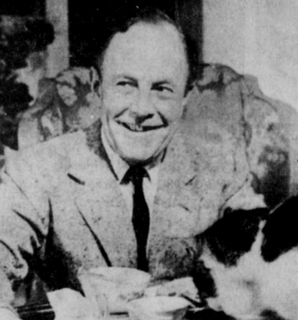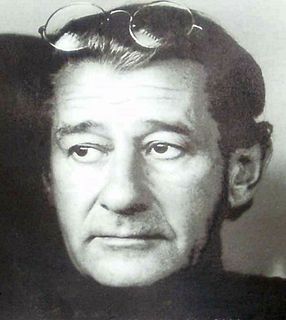A Quote by Thomas Chatterton Williams
There are few things more American than falling back on the language of race when what we're really talking about is class or, more accurate still, manners, values and taste.
Related Quotes
Life in the country teaches one that the really stimulating things are the quiet, natural things, and the really wearisome things are the noisy, unnatural things. It is more exciting to stand still than to dance. Silence is more eloquent than speech. Water is more stimulating than wine. Fresh air is more intoxicating than cigarette smoke. Sunlight is more subtle than electric light. The scent of grass is more luxurious than the most expensive perfume. The slow, simple observations of the peasant are more wise than the most sparkling epigrams of the latest wit.
There cannot be a language more universal and more simple, more free from errors and obscurities...more worthy to express the invariable relations of all natural things [than mathematics]. [It interprets] all phenomena by the same language, as if to attest the unity and simplicity of the plan of the universe, and to make still more evident that unchangeable order which presides over all natural causes
I think that's why I'm so well-suited to this time, because I think the values reflect really profound American values, and I think my agenda would be the best way to really get Americans once again to feel more confident and more optimistic about our future and deliver results, which I think is what it's about.
I still think that we have a hesitance to talk about things racial. And I think we do it at our detriment. We go from incident to incident, and we have spikes in which race becomes something that we talk about, as opposed to talking about race in those less contentious times when I think we might make more progress.
It's one of these things that I've been struck by for so long about America. You know, this amazing politeness of American life that's not at all class specific. It's not like people get more polite as ascend the hierarchy of society. Just incredible good manners. It's always been something that I've noticed.
The idea that the Crusades and the fight of Christendom against Islam is somehow an aggression on our part is absolutely anti-historical. And that is what the perception is by the American Left who hates Christendom... What I'm talking about is onward American soldiers. What we're talking about are core American values.




































